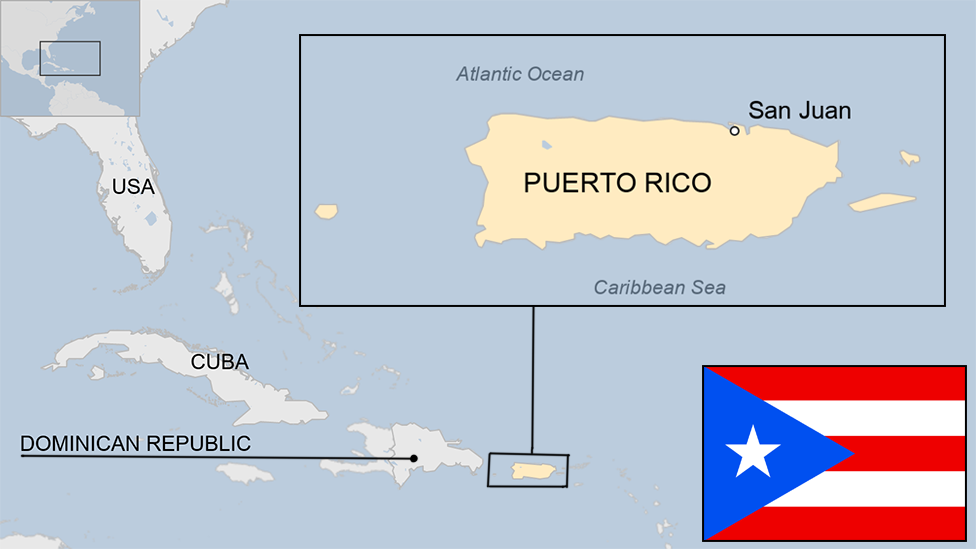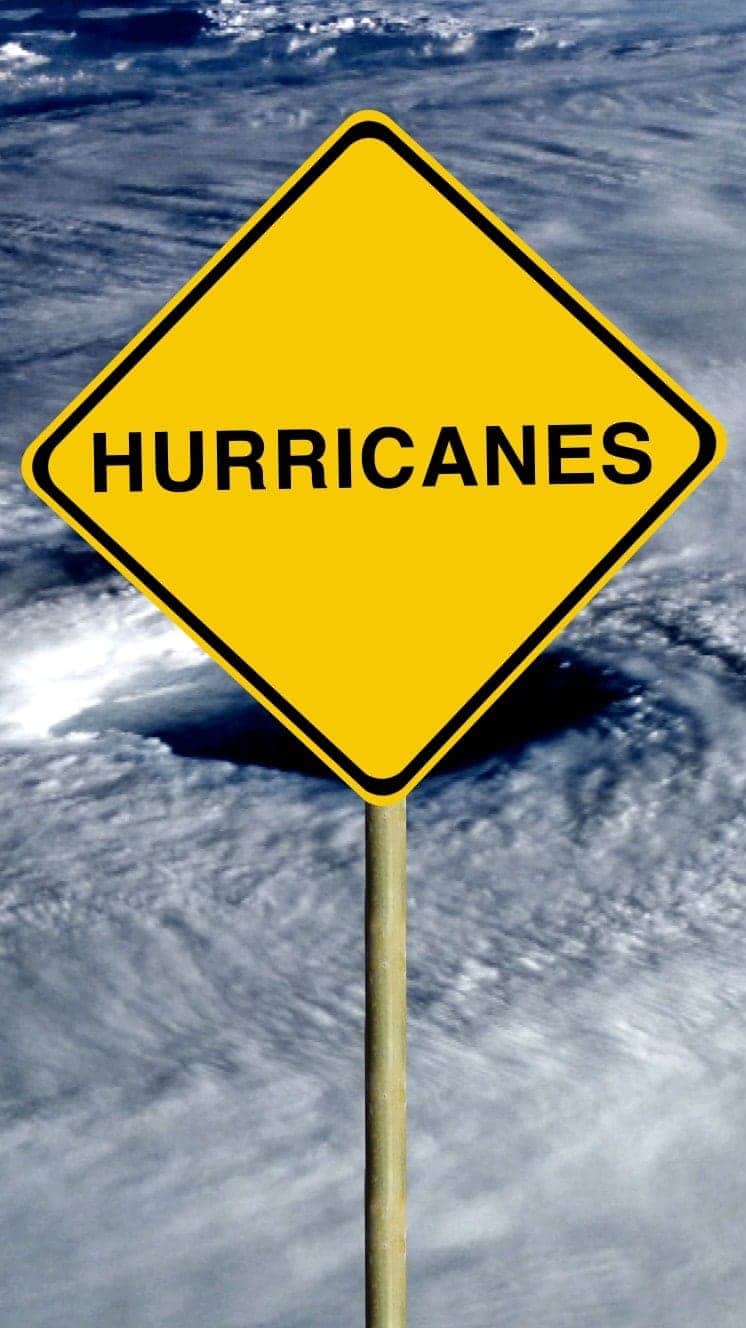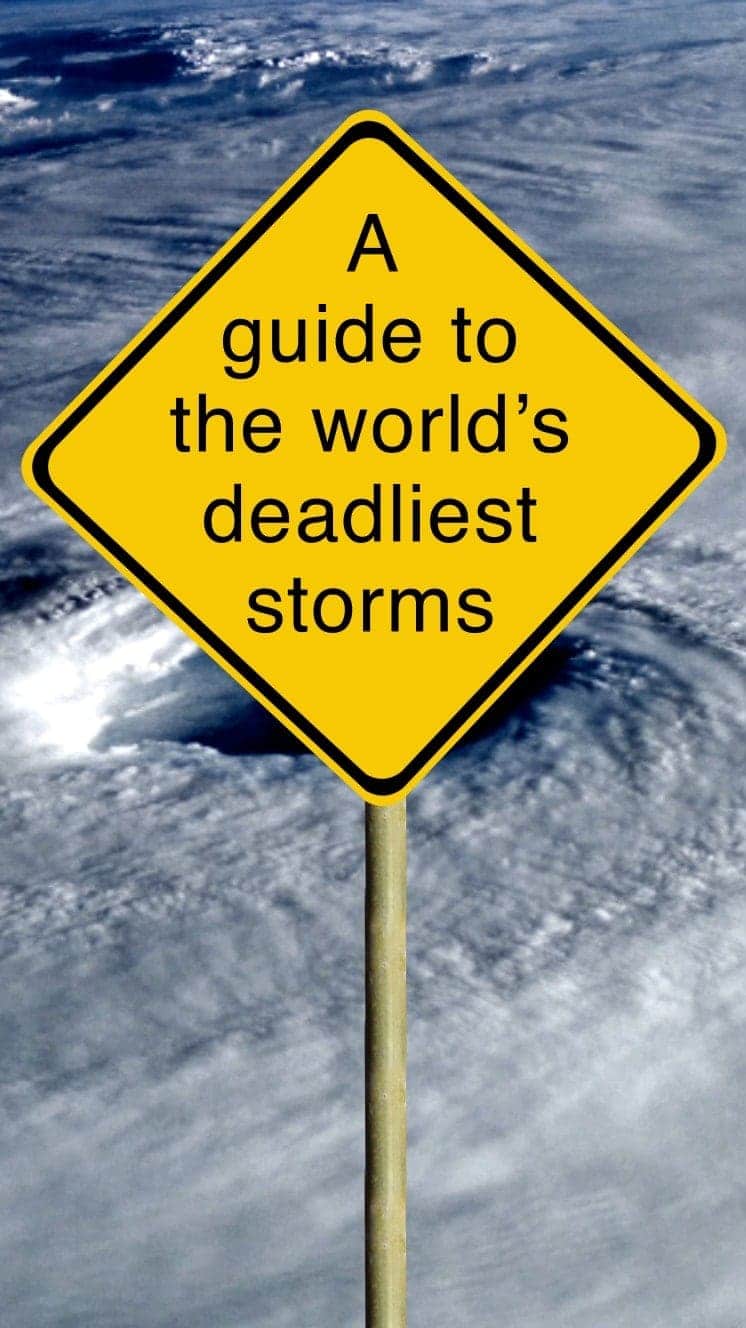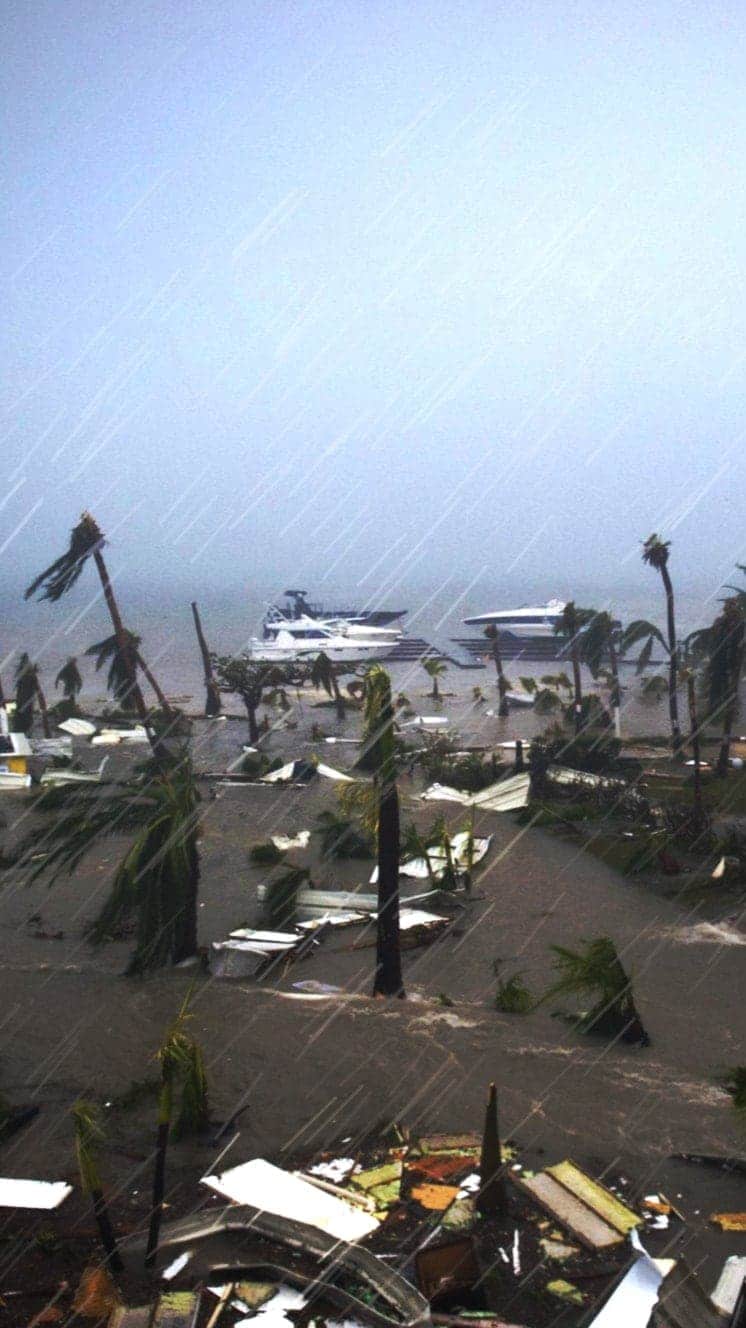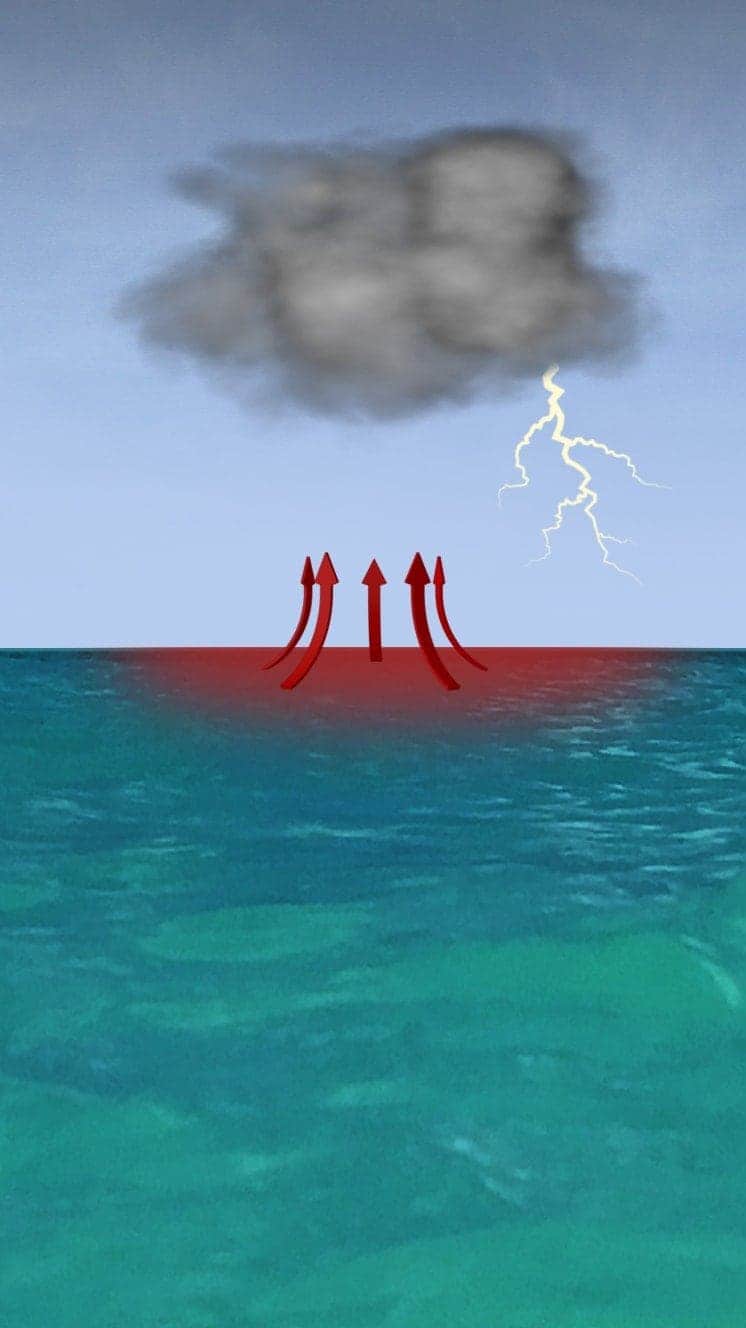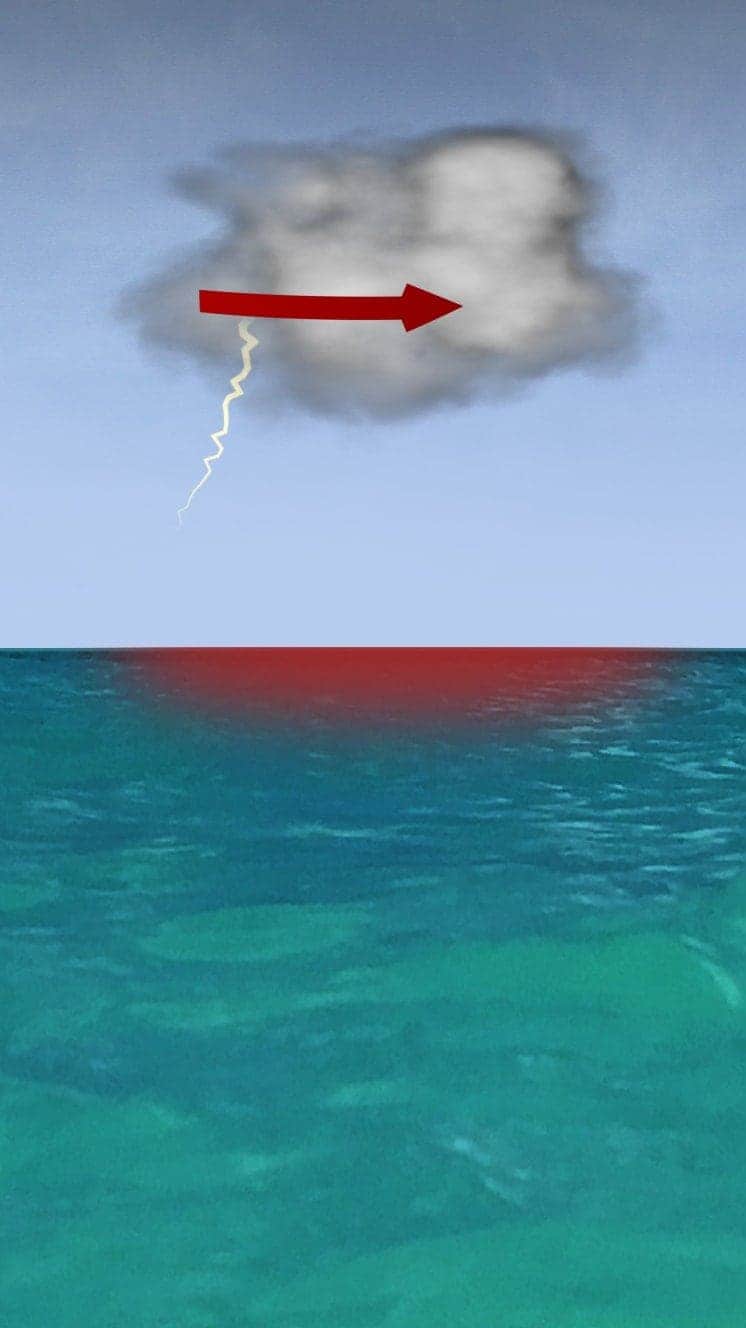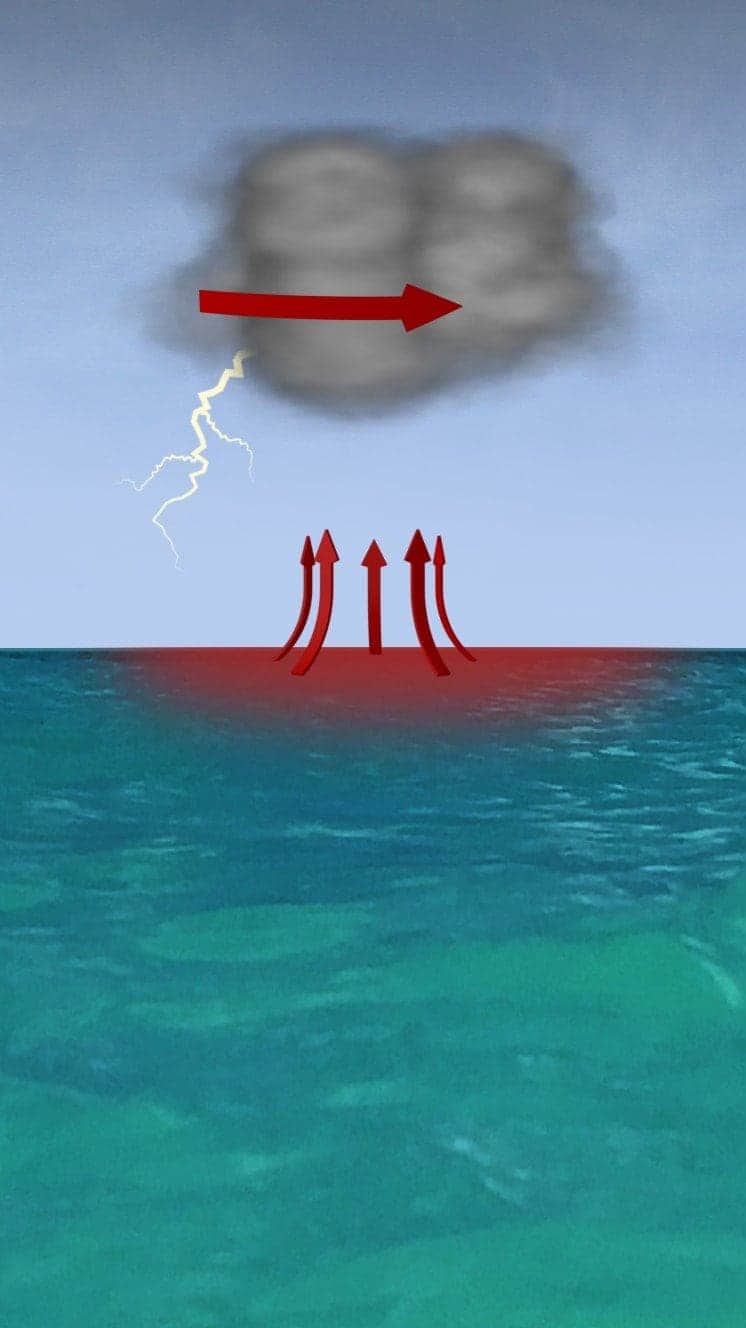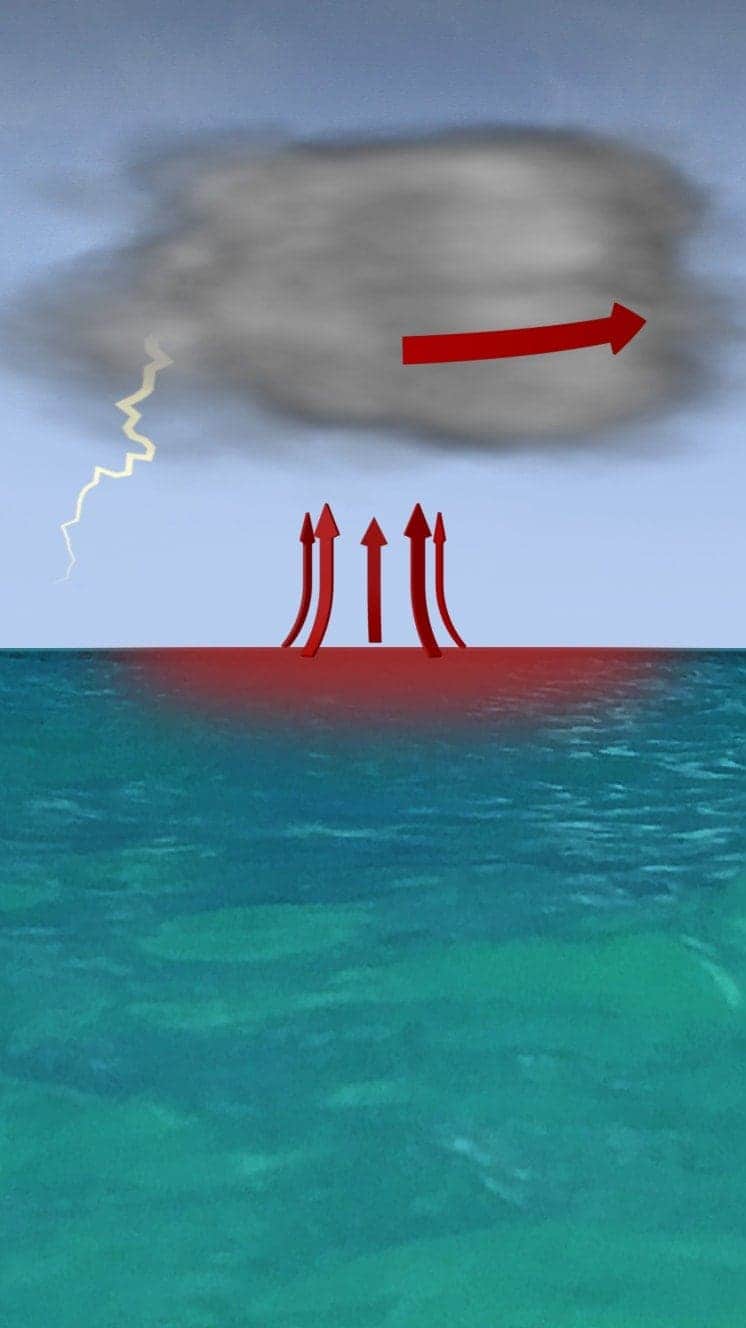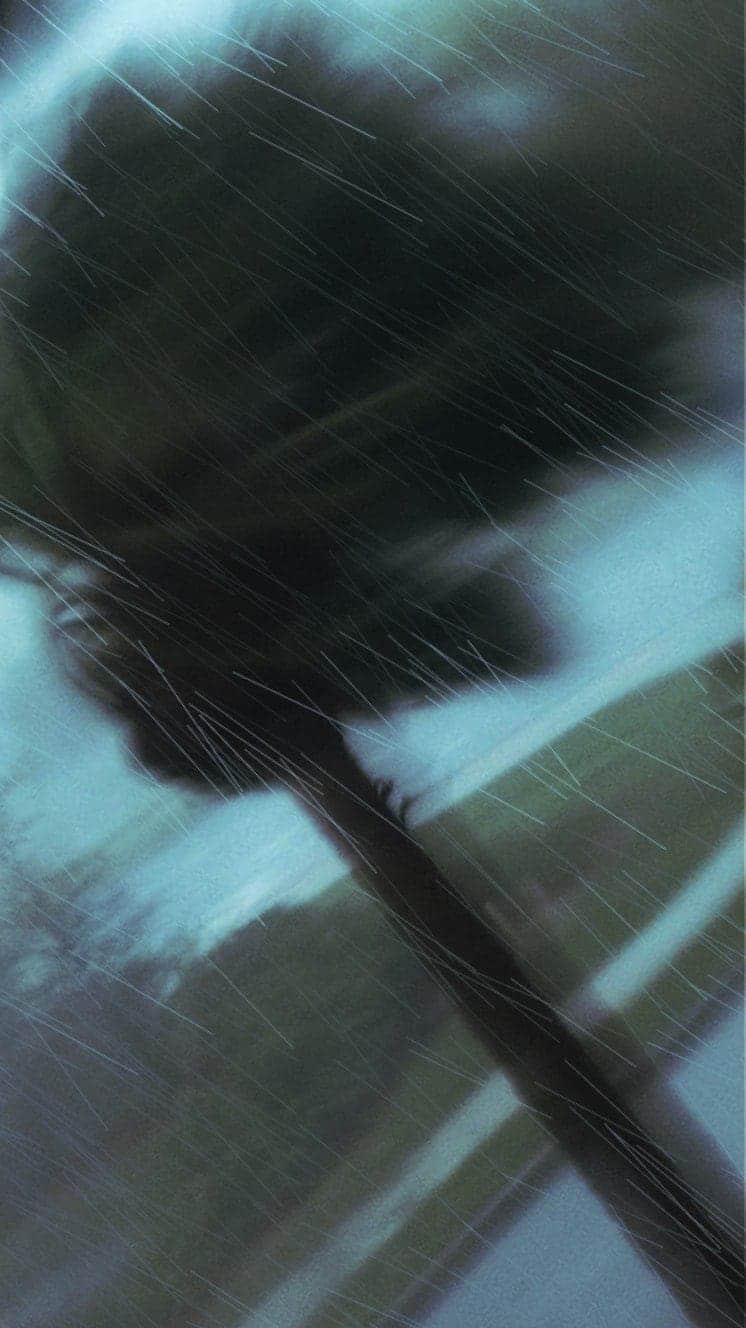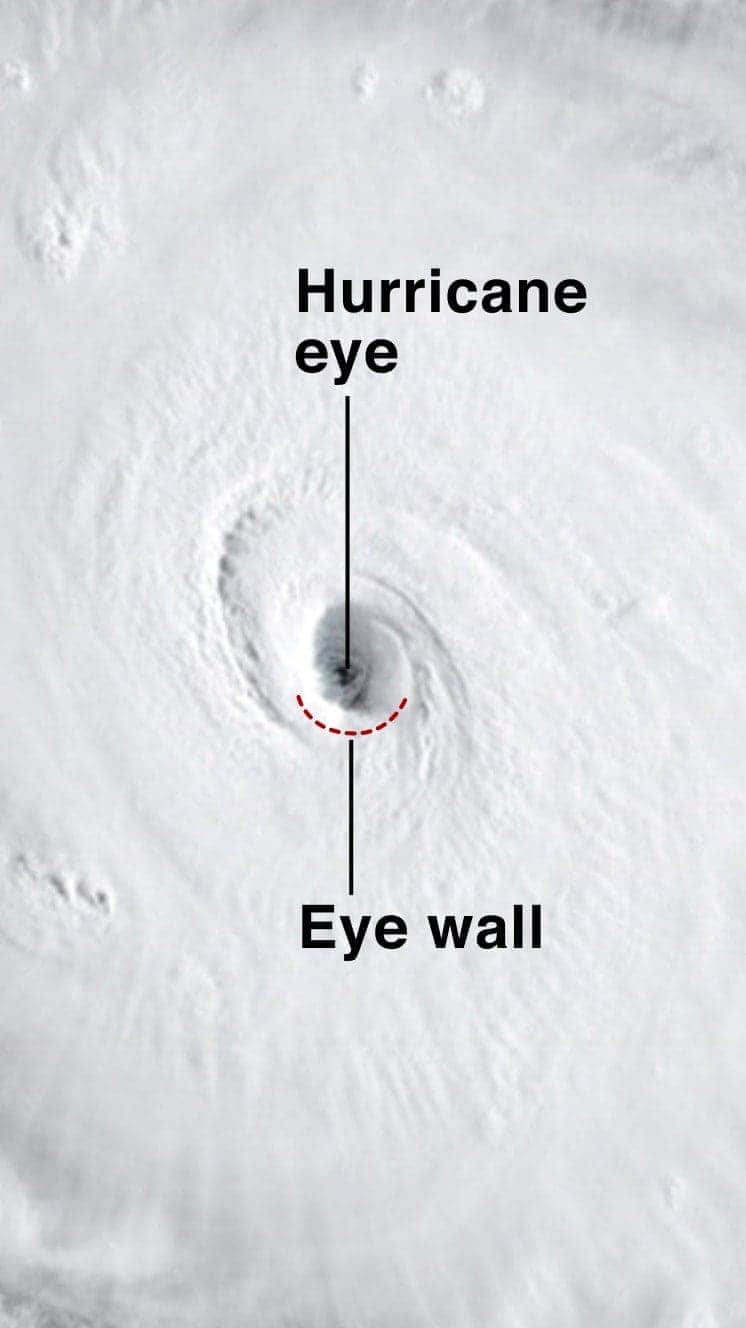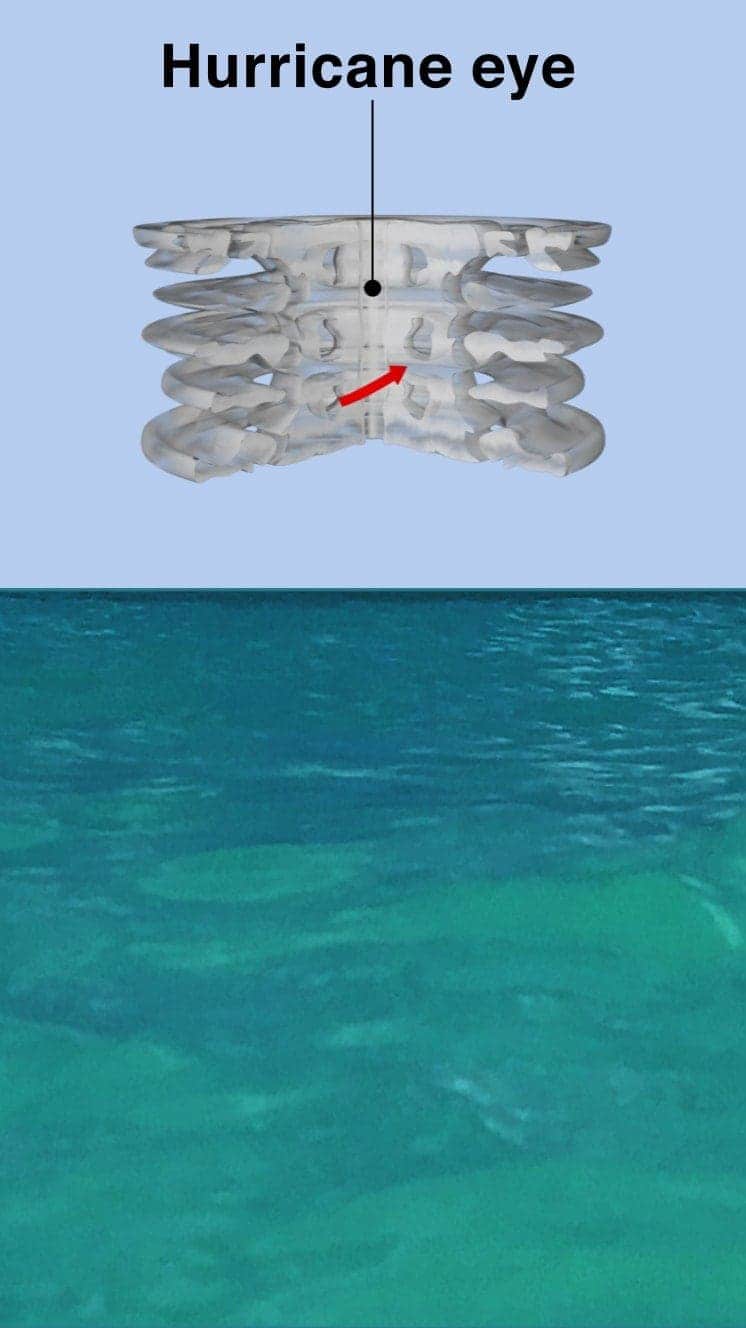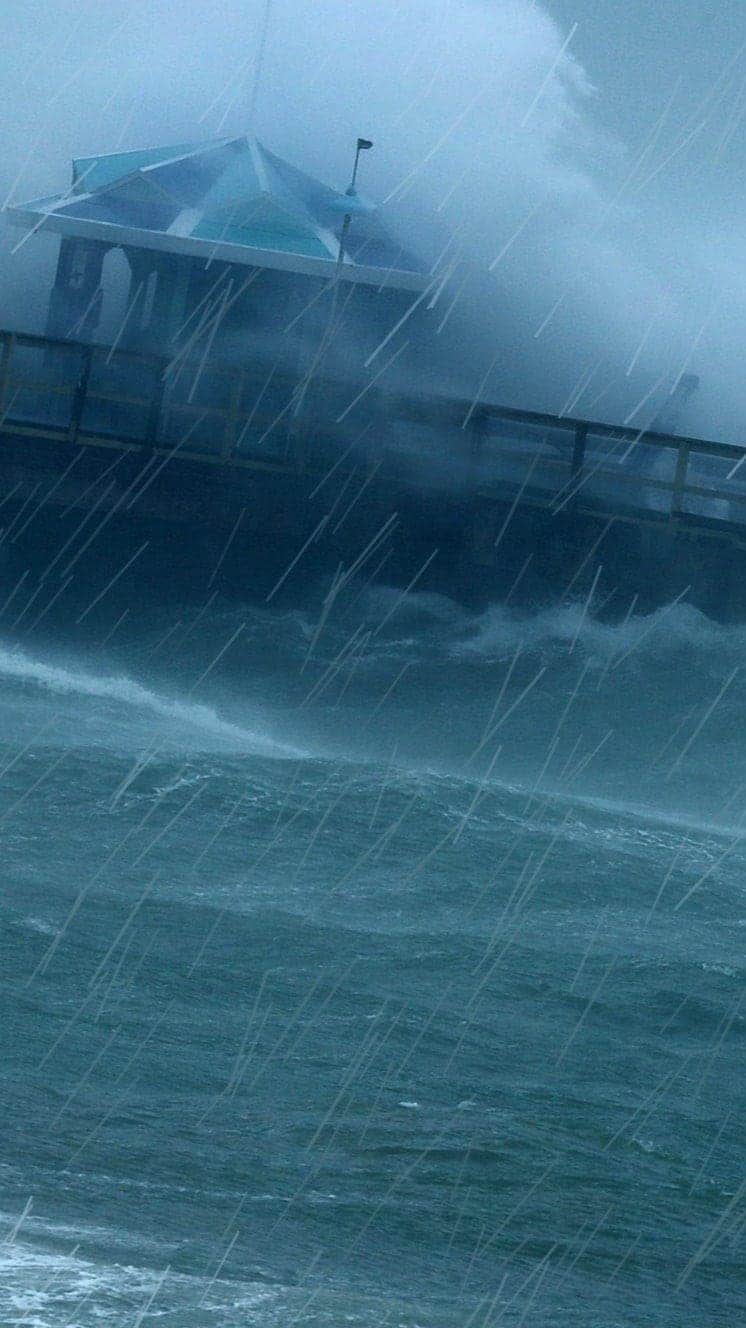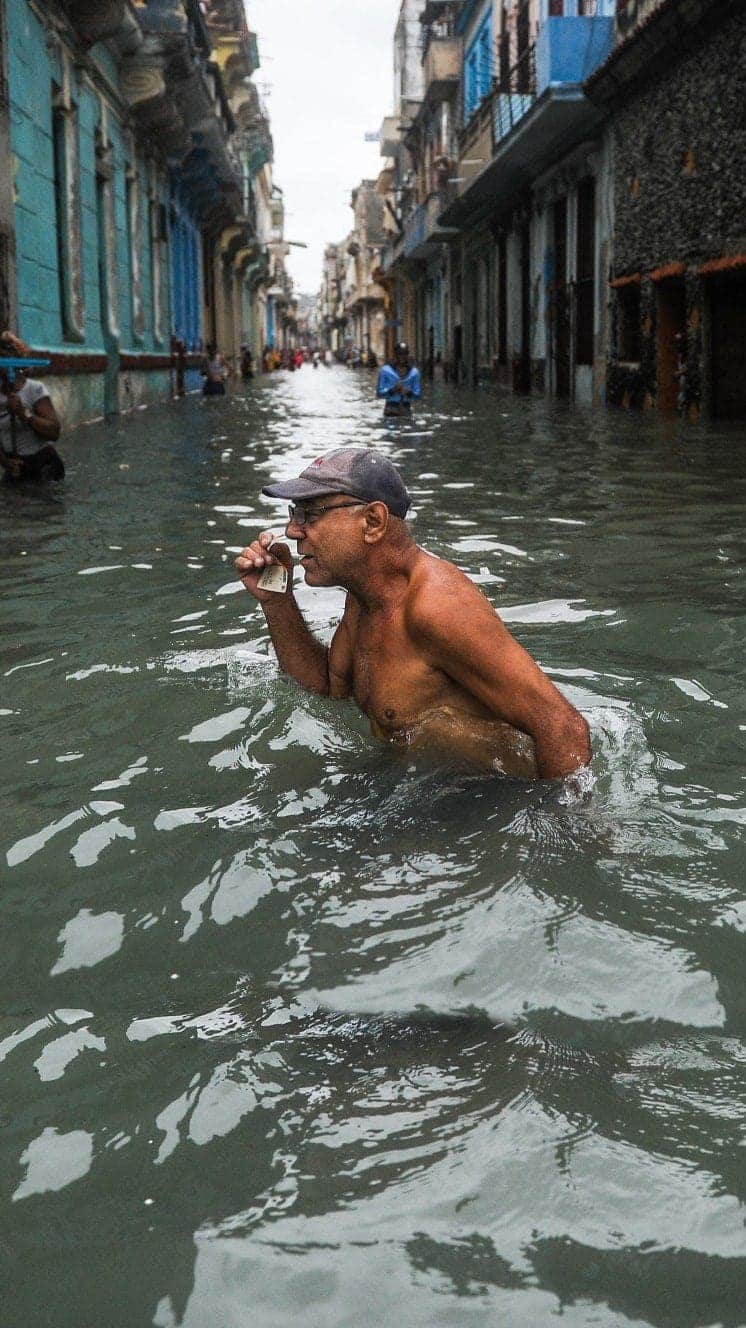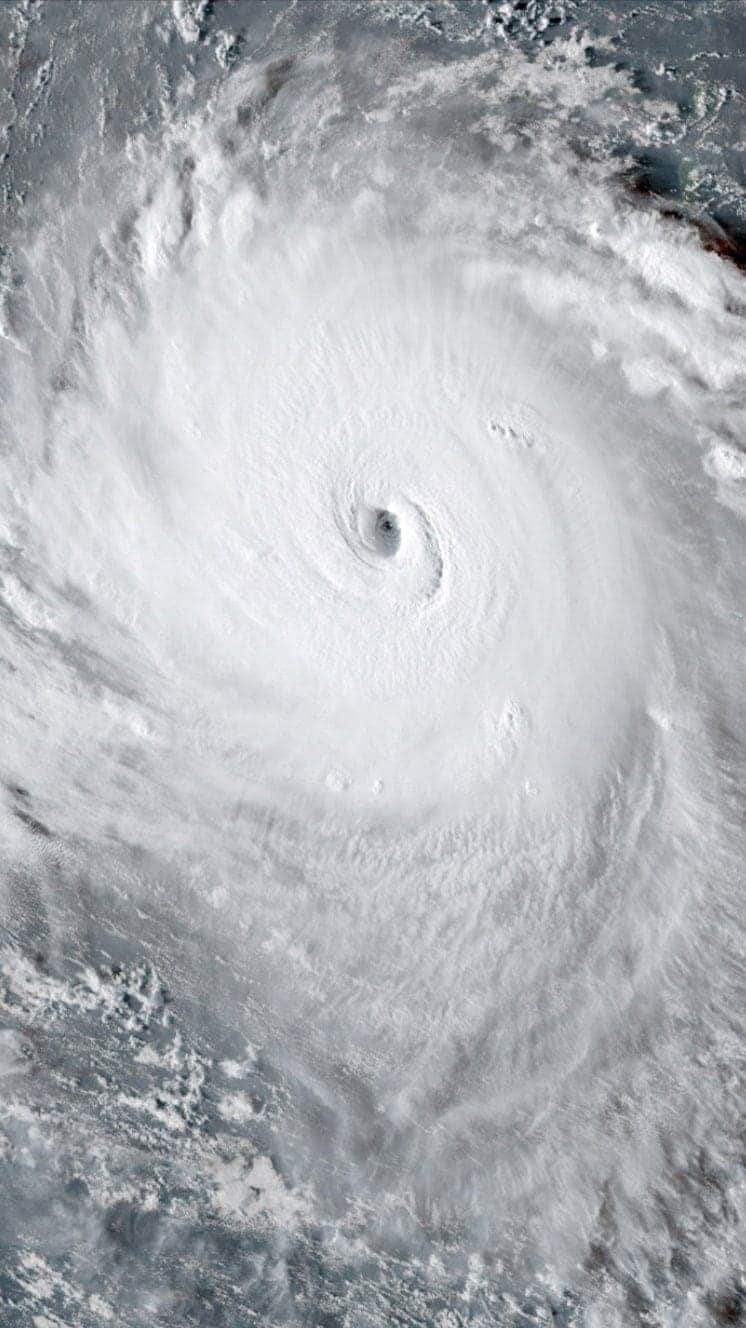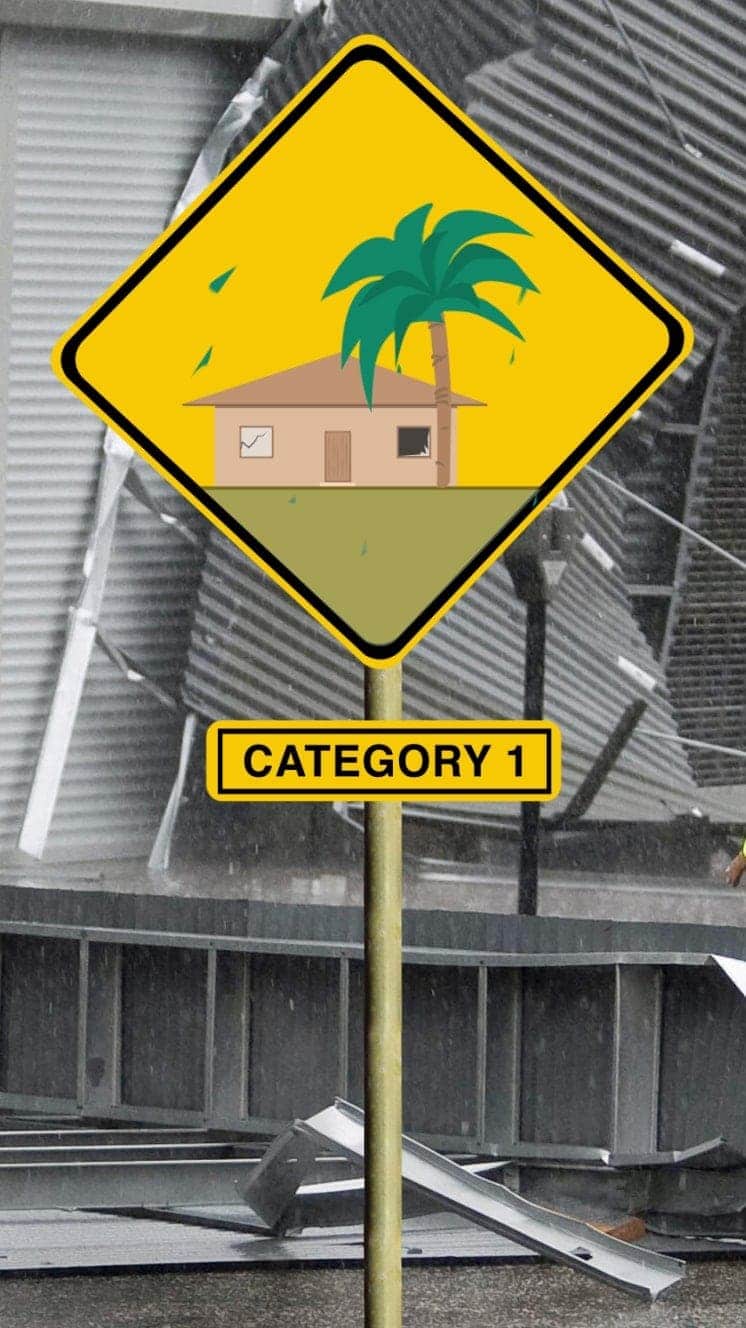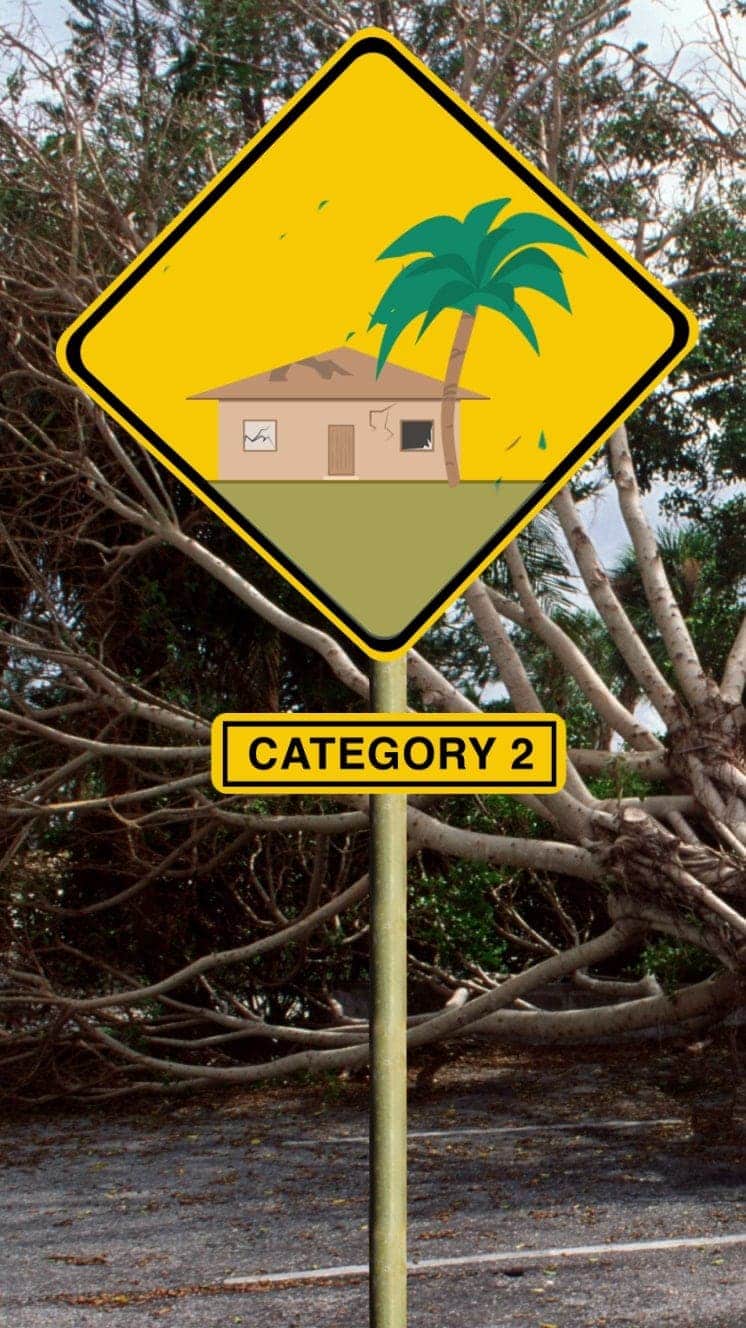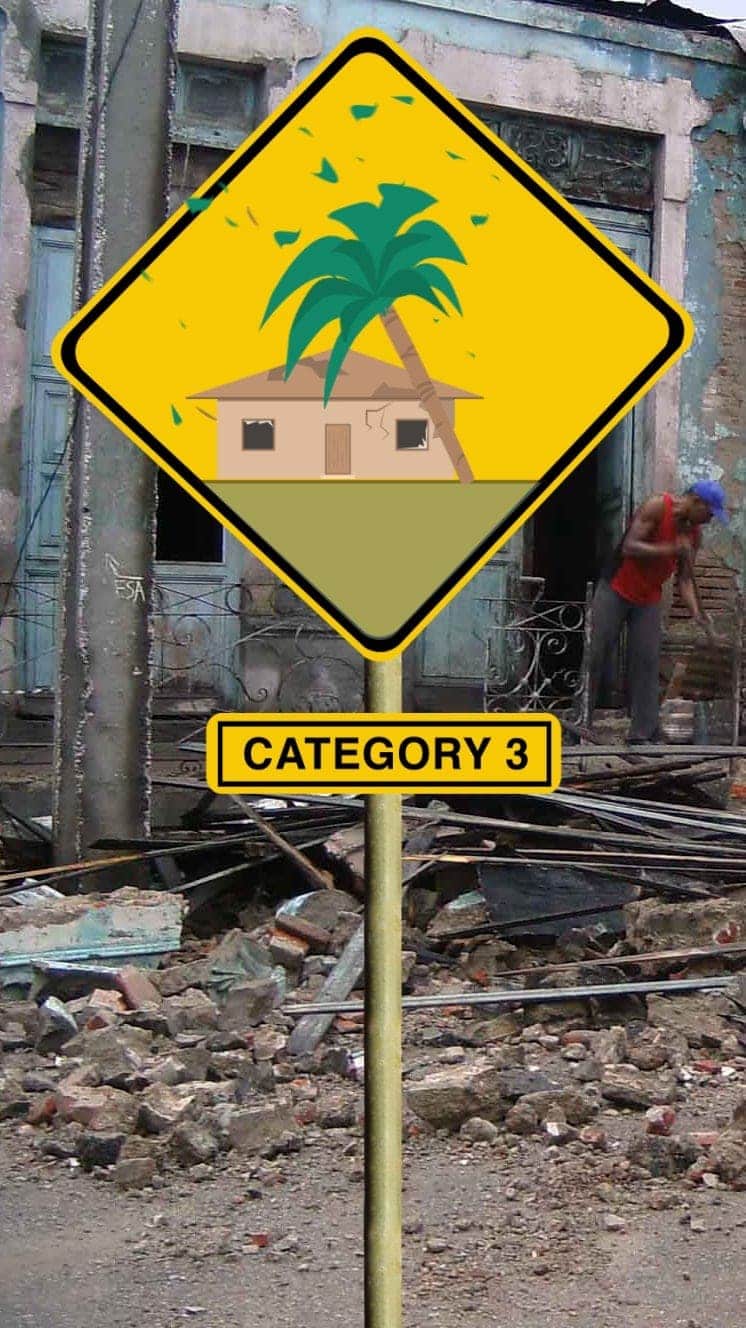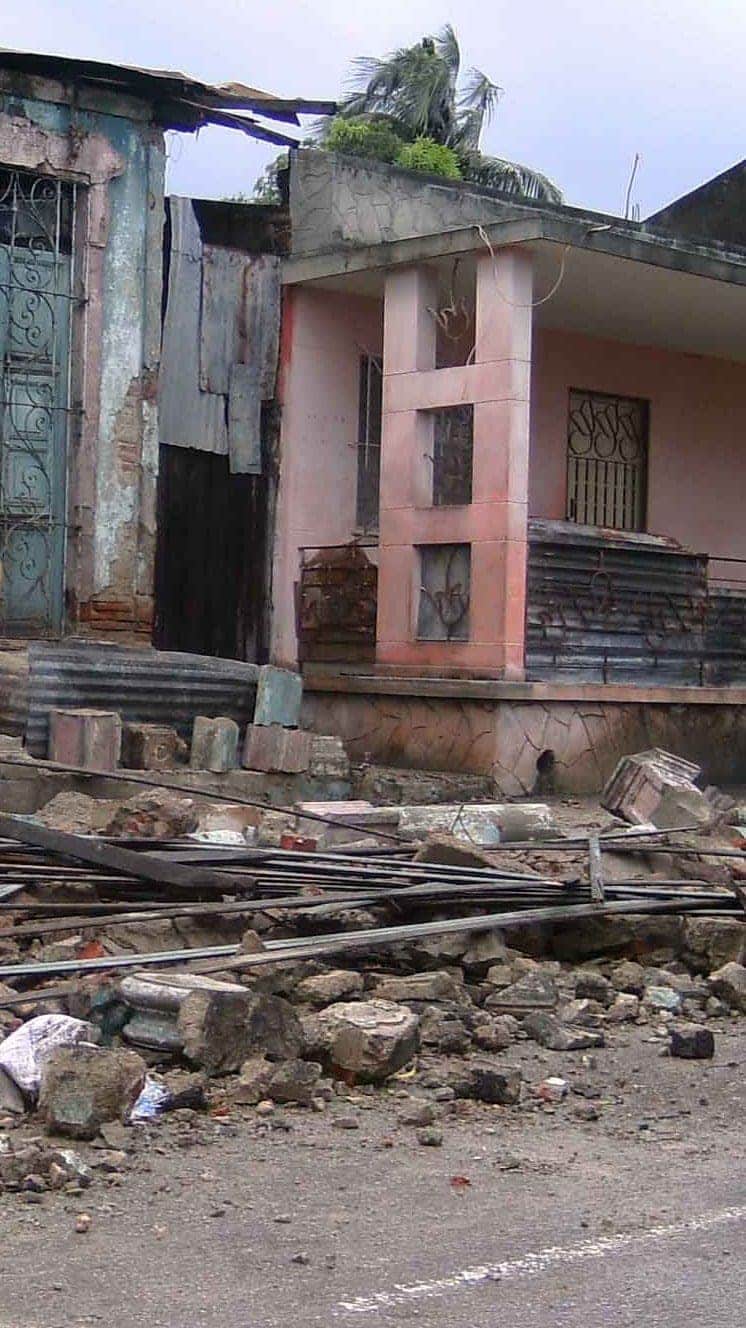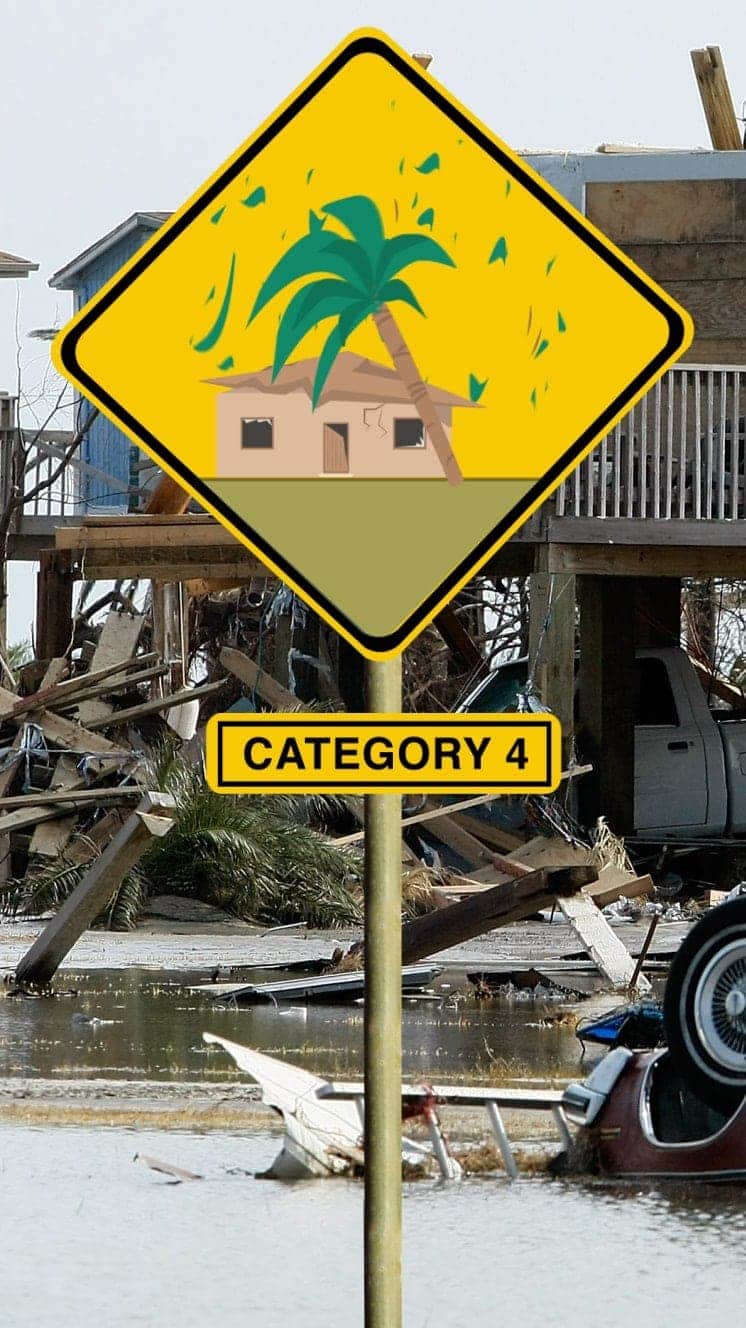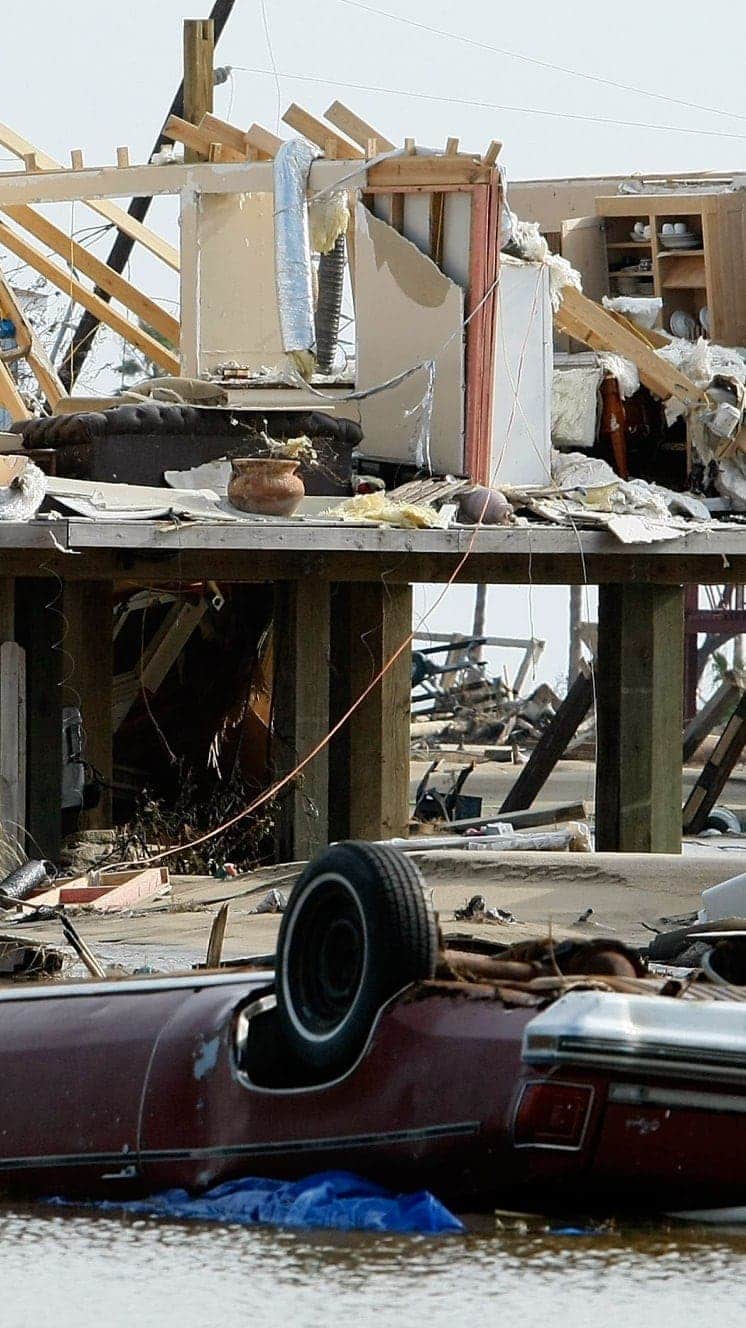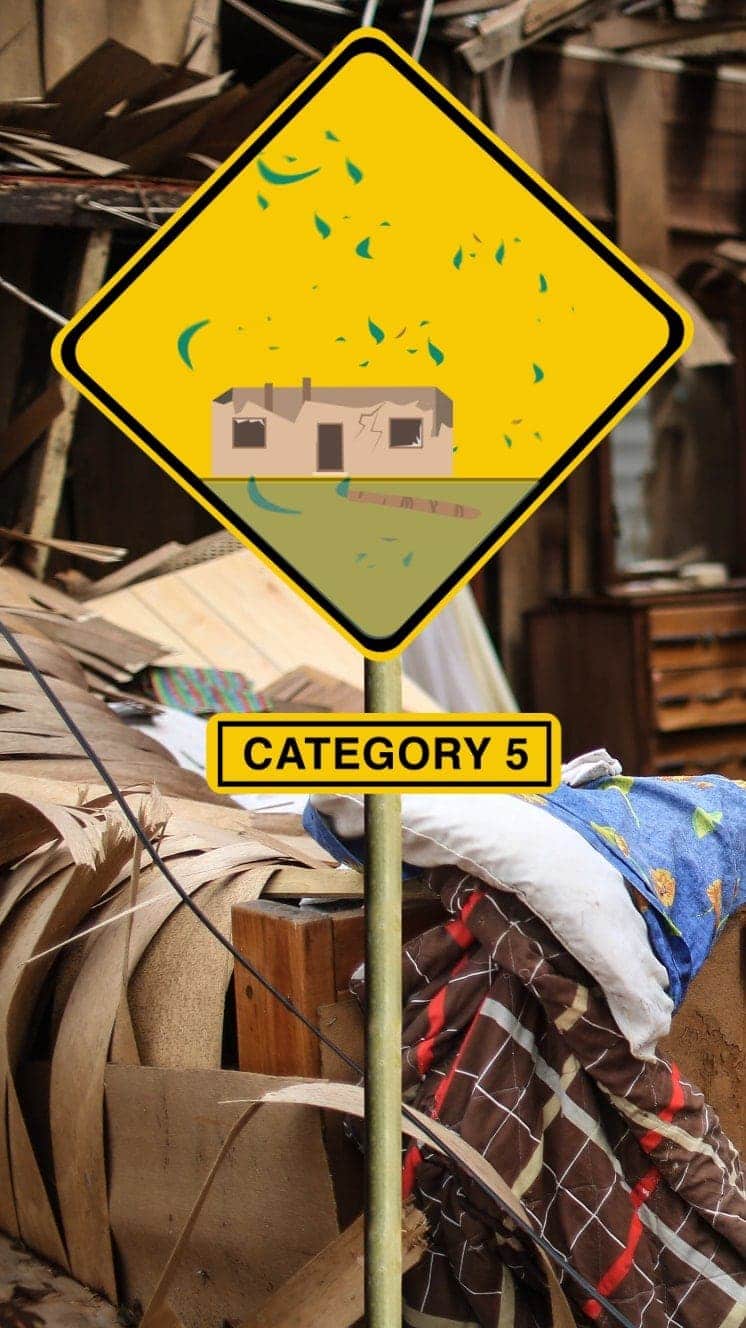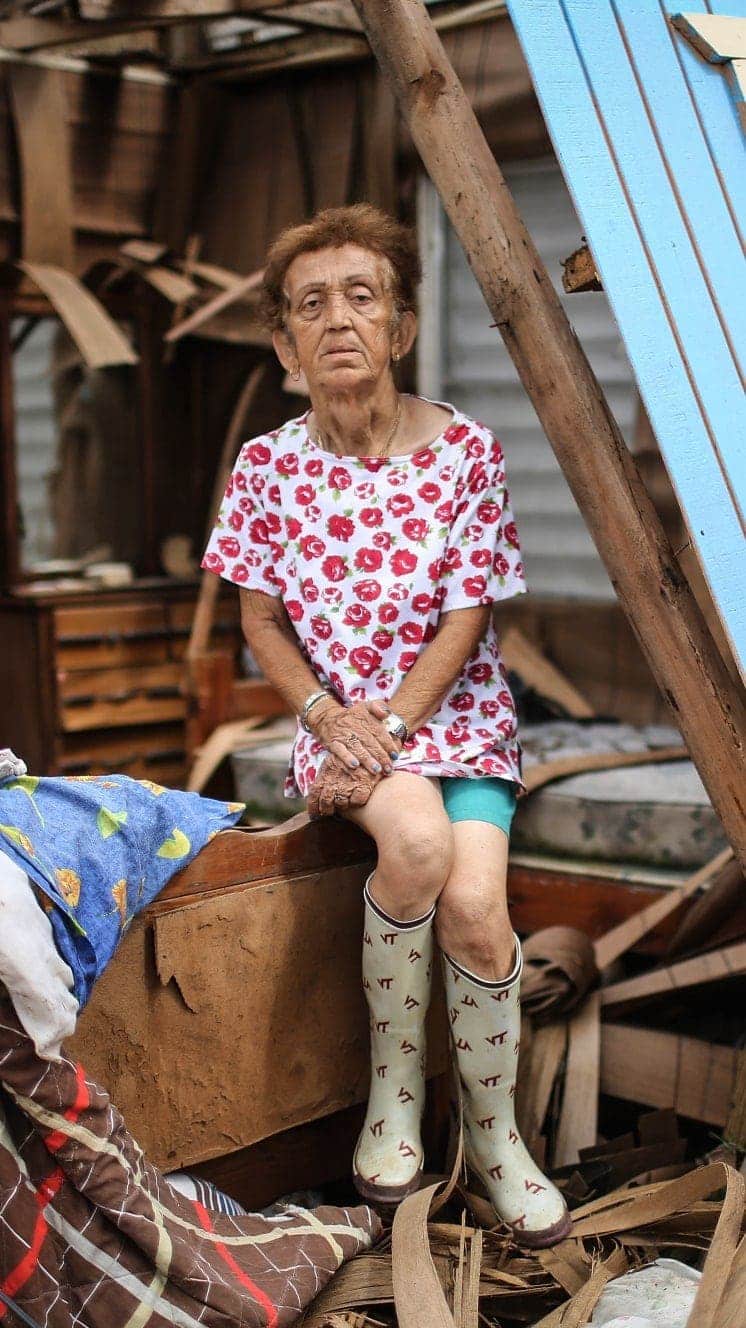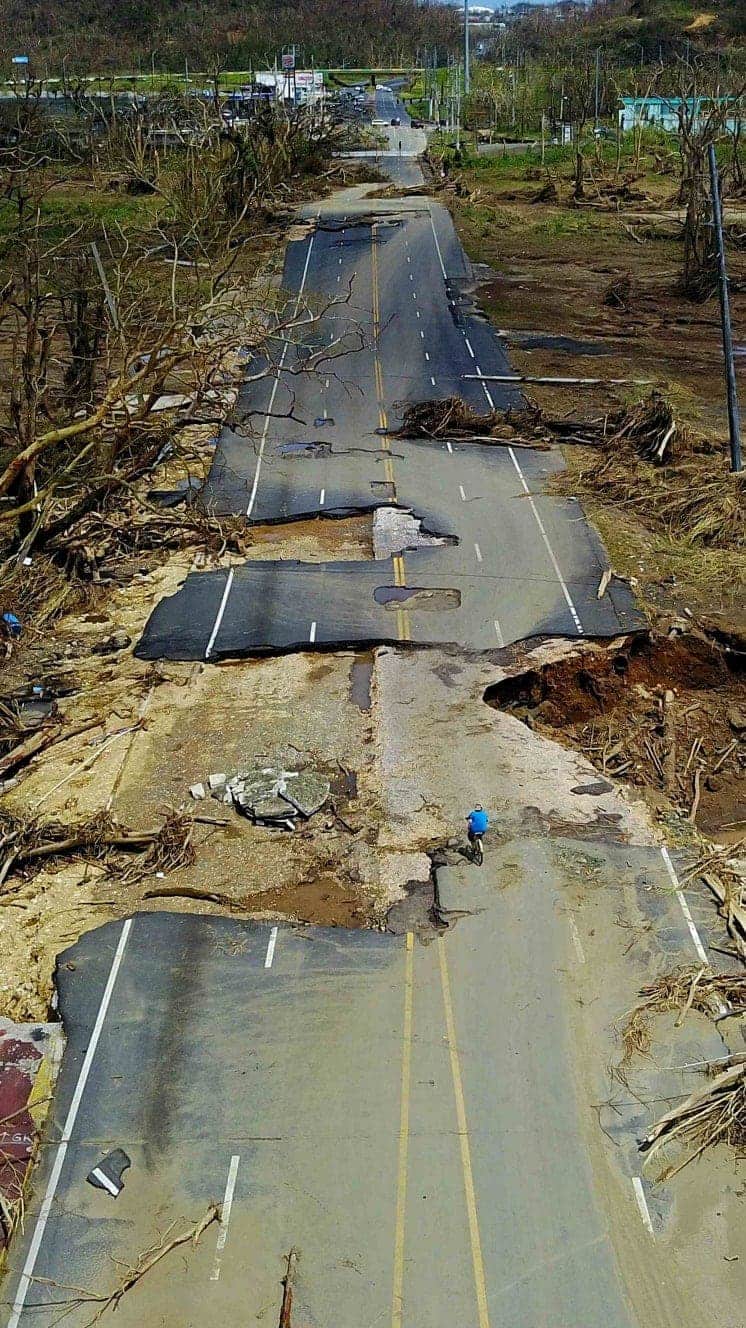Trump's claim of success in Puerto Rico hurricane response derided
- Published
Trump: Puerto Rico hurricane response an "unsung success"
President Donald Trump has been criticised for hailing the US response to the deadly Hurricane Maria in Puerto Rico last year as "tremendous".
The mayor of its capital tweeted: "If he thinks the death of 3,000 people is a success God help us all."
Puerto Rico only finished restoring full power last month, 11 months after the hurricane hit.
A recent report says 8% left the island after the hurricane and many died due to poor health care and other services.
The island's Governor Ricardo Rossello issued a statement on Tuesday night, describing Maria as "the worst natural disaster in our modern history. Our basic infrastructure was devastated, thousands of our people lost their lives and many others still struggle".
Puerto Rico, an unincorporated territory of the US, is home to some 3.3 million people.
What did the president say?
He was asked at the White House what lessons could be learned from Hurricane Maria as Hurricane Florence bears down on the Carolinas.
Maria, he said, was the "hardest one we had by far because of the island nature", adding: "I actually think it was one of the best jobs that's ever been done with respect to what this is all about.
Why Hurricane Maria hit Puerto Rico so hard
"The job that Fema [the Federal Emergency Management Agency] and law enforcement and everybody did working along with the governor in Puerto Rico, I think was tremendous. I think that Puerto Rico was an incredible, unsung success."
Mr Trump had said recently: "We have put billions and billions of dollars into Puerto Rico and it was a very tough one. I think most of the people in Puerto Rico really appreciate what we've done."
What has the response been to his latest comments?
Puerto Rico Governor Ricardo Rossello said in a statement: "No relationship between a colony and the federal government can ever be called 'successful' because Puerto Ricans lack certain inalienable rights enjoyed by our fellow Americans in the states."
The mayor of the Puerto Rican capital San Juan, Carmen Yulin Cruz, a vocal critic of Mr Trump who earlier described his response to Maria as a "stain on his presidency", said his latest comment "added "insult to injury".
Senator Bernie Sanders tweeted: "Nearly 3,000 people died. That is not a 'success'. That is a tragedy and a disgrace."
Democratic Senator Chuck Schumer said: "This is an offensive, hurtful and blatantly false comment from the president."
Allow X content?
This article contains content provided by X. We ask for your permission before anything is loaded, as they may be using cookies and other technologies. You may want to read X’s cookie policy, external and privacy policy, external before accepting. To view this content choose ‘accept and continue’.

New York Democratic primary winner Alexandria Ocasio-Cortez, said: "Some of my [Puerto Rico] family just got power a few weeks ago. People are developing respiratory issues partly due to airborne fungal spores from lack of proper cleanup. The admin's response to Puerto Rico has been a disaster."
Some Trump supporters on social media accepted there had been failures but said the president had done all he could and that it was Puerto Rican officials who were to blame.
What happened in Hurricane Maria?
Maria made landfall in mid-September last year having just been downgraded to a category four hurricane, with winds of 140 mph (225 km/h) and driving rain.
It caused catastrophic damage to the north-eastern Caribbean and was the most intense cyclone worldwide in 2017.
Infrastructure was severely damaged in Puerto Rico and the territory struggled to make repairs to the power grid, only completing the work 11 months later.
Maria was estimated to have caused $100bn (£77bn) in damage.

For long the government there listed the death toll at only 64, although it acknowledged it was probably much higher.
The island's authorities finally accepted a revised toll of 2,975 after a government-commissioned report by experts from George Washington University, external.
This counted those who died in the six months following the storm as a result of poor healthcare and a lack of electricity and clean water. Repeated power cuts also led to an increased number of deaths from diabetes and sepsis.
The report said that those from poorer backgrounds in Puerto Rico were 45% more likely to have been killed in the aftermath of the hurricane.
- Published29 August 2018
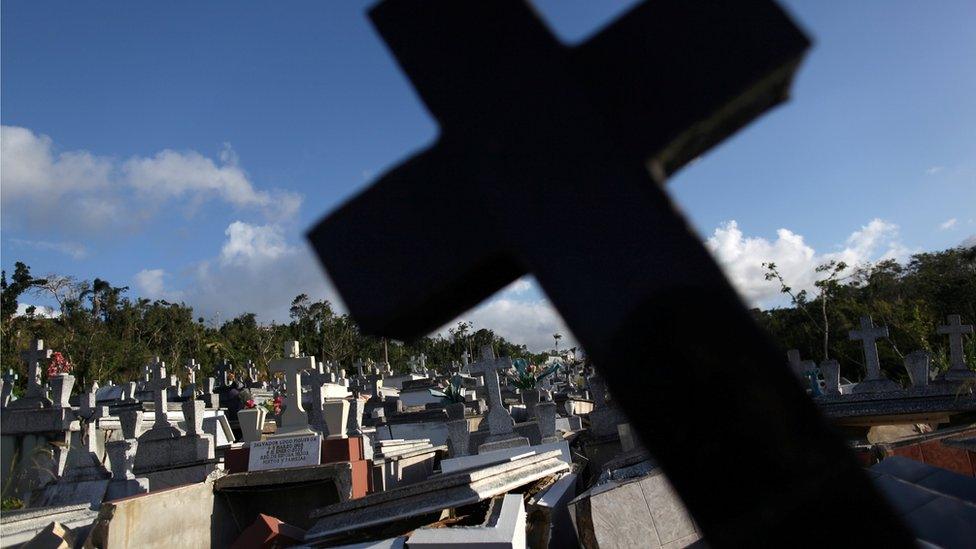
- Published9 August 2018
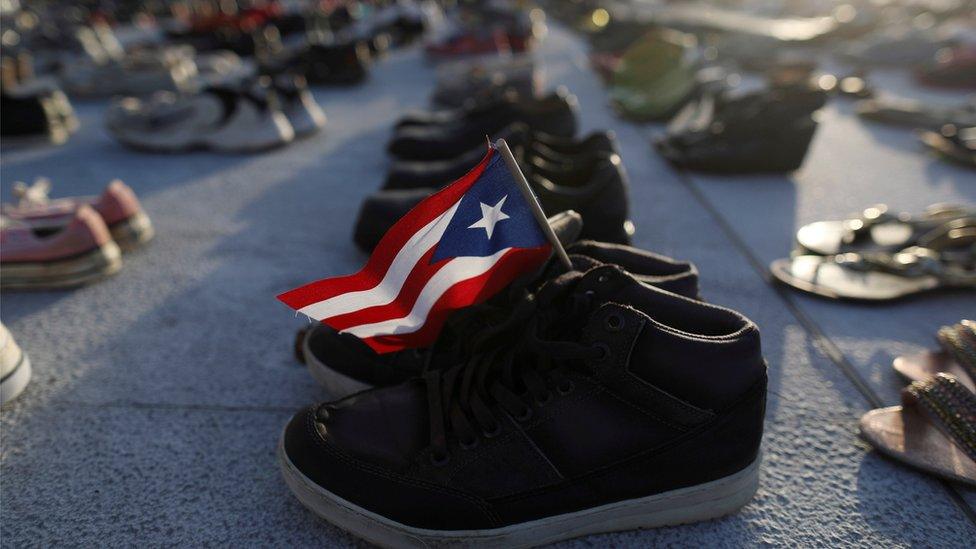
- Published18 April 2018
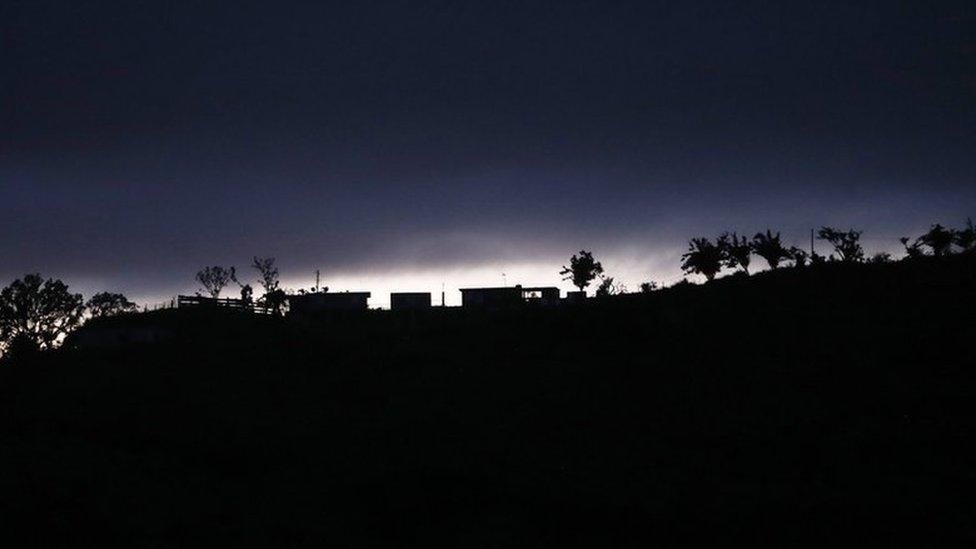
- Published12 October 2017
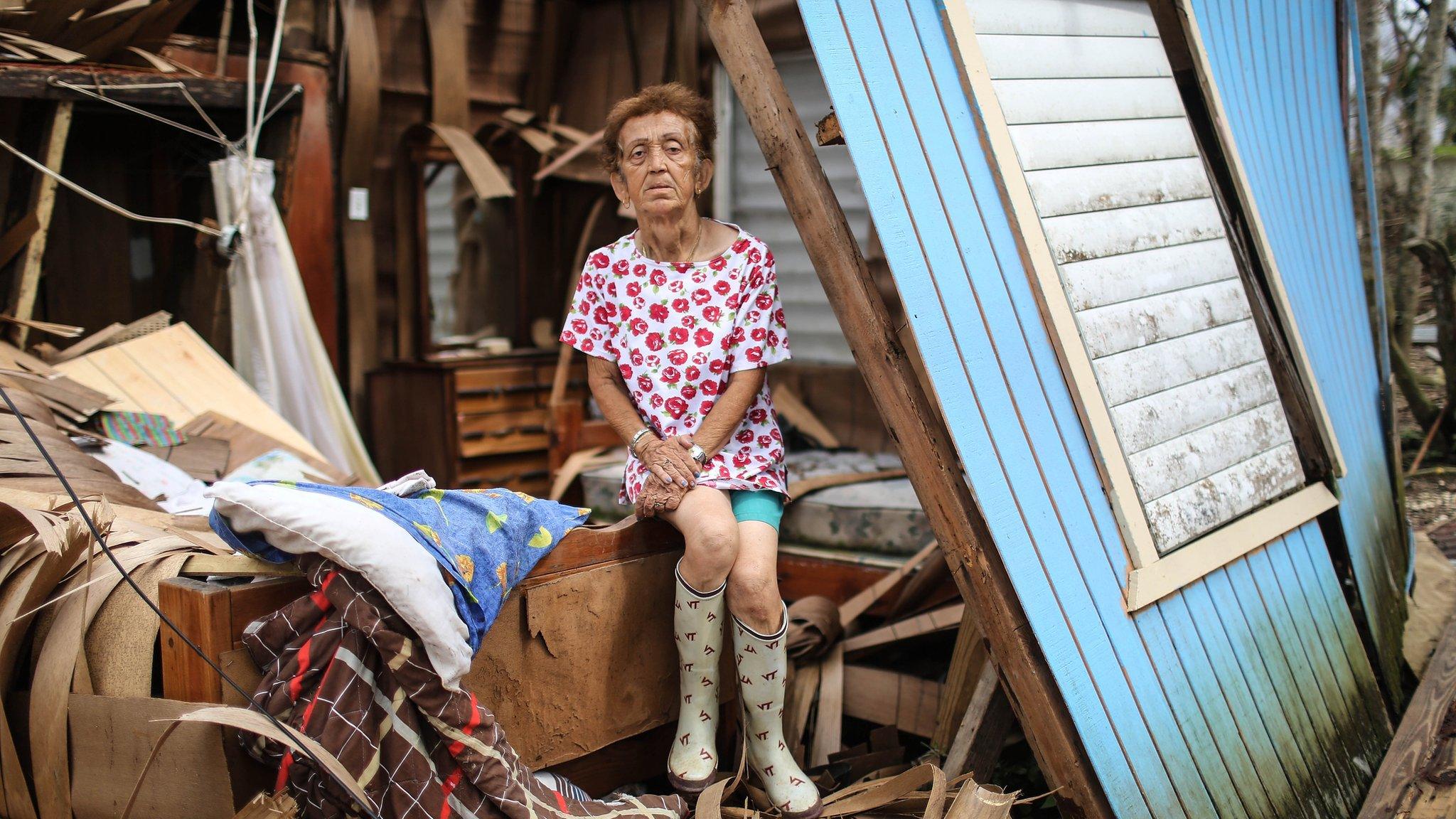
- Published3 October 2017
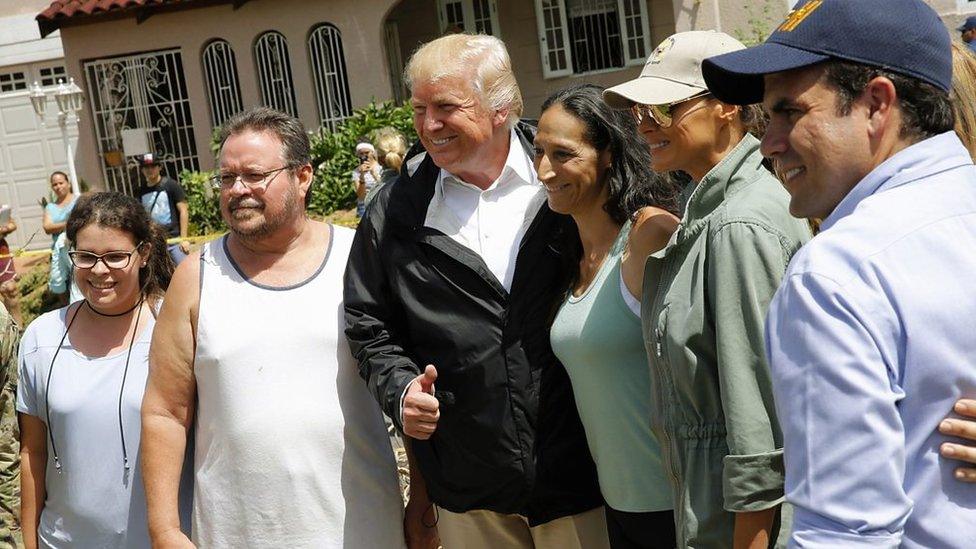
- Published30 September 2017
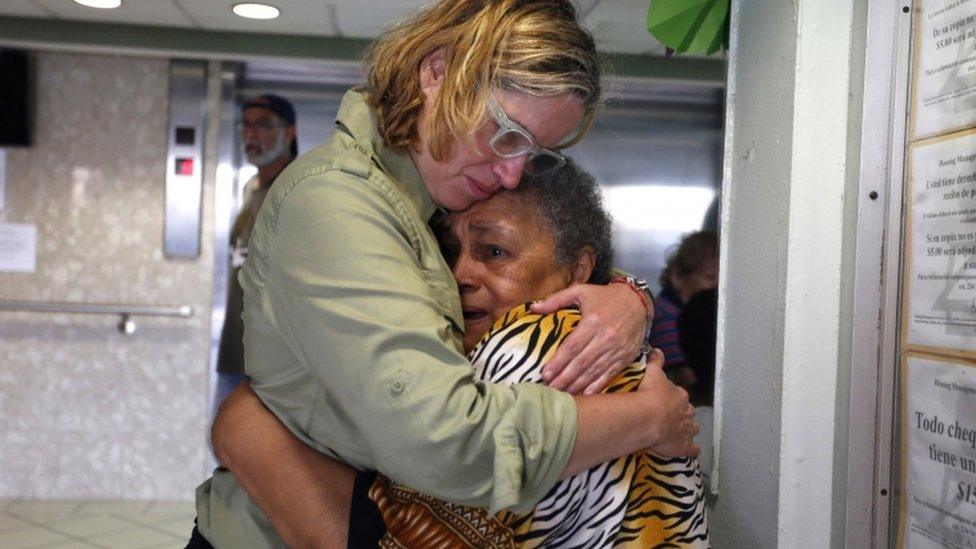
- Published27 September 2017
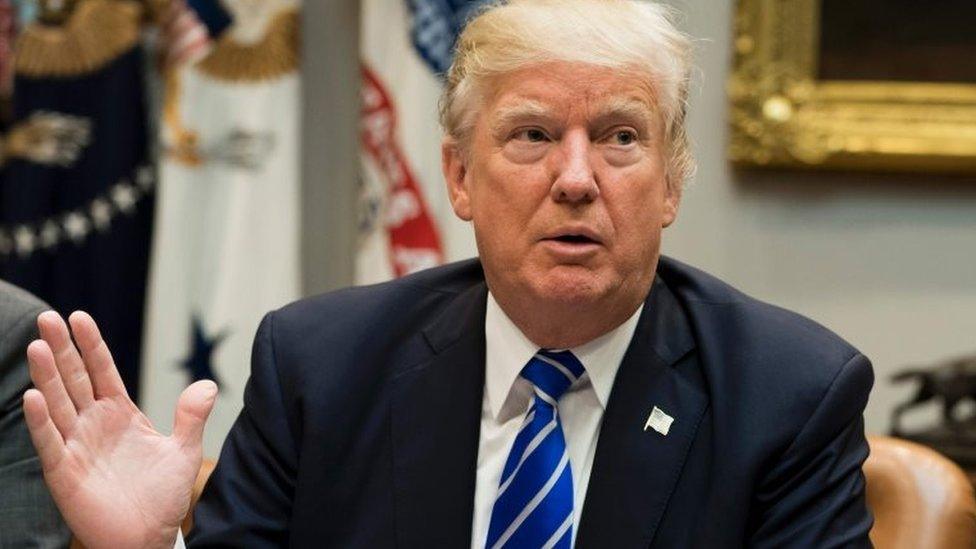
- Published26 September 2017
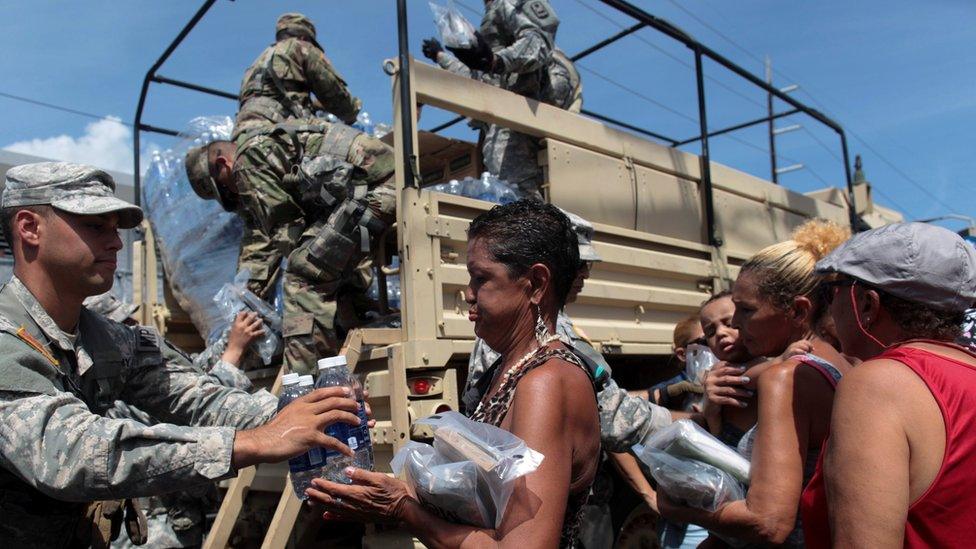
- Published26 September 2017
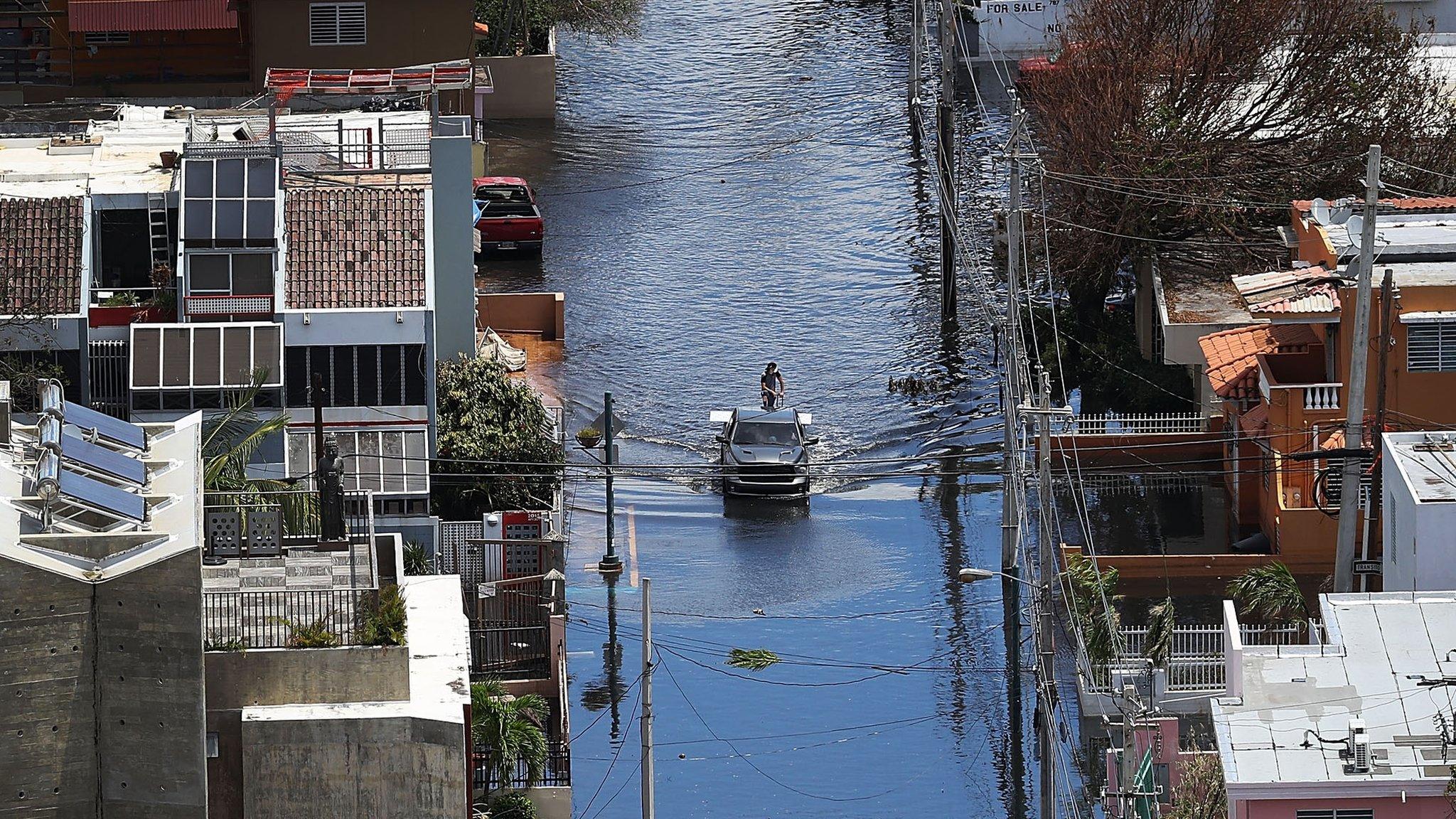
- Published24 September 2017
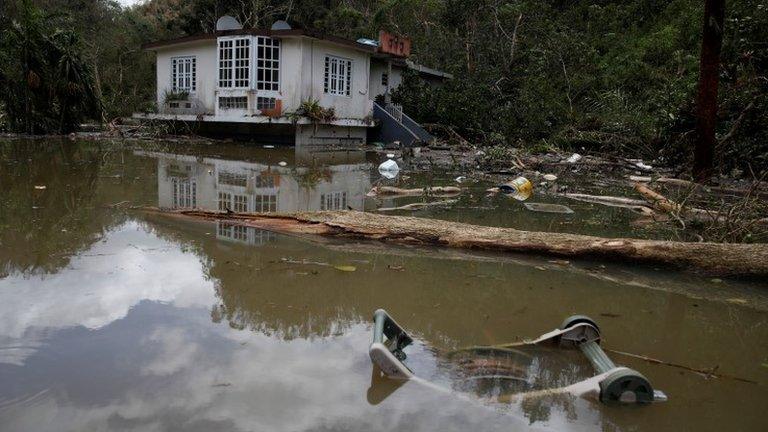
- Published11 September 2023
